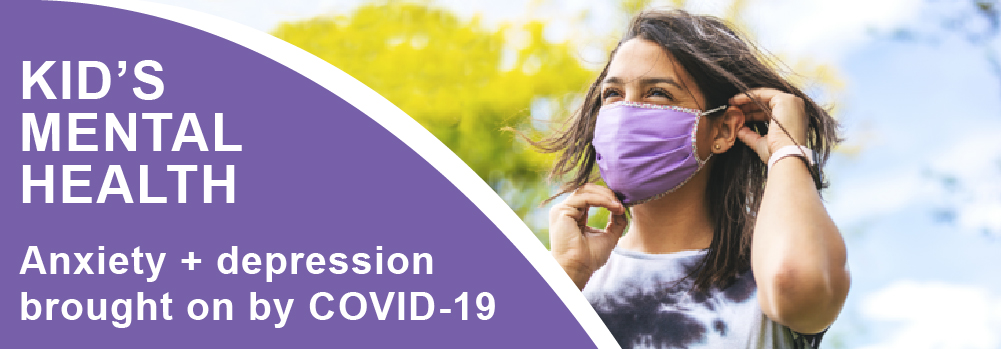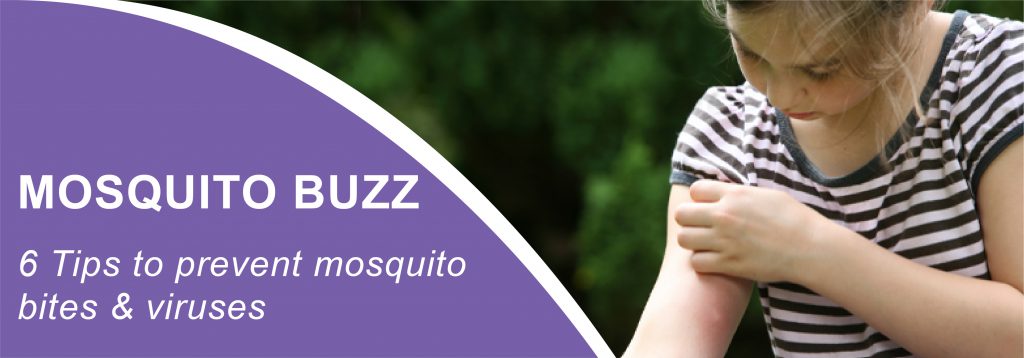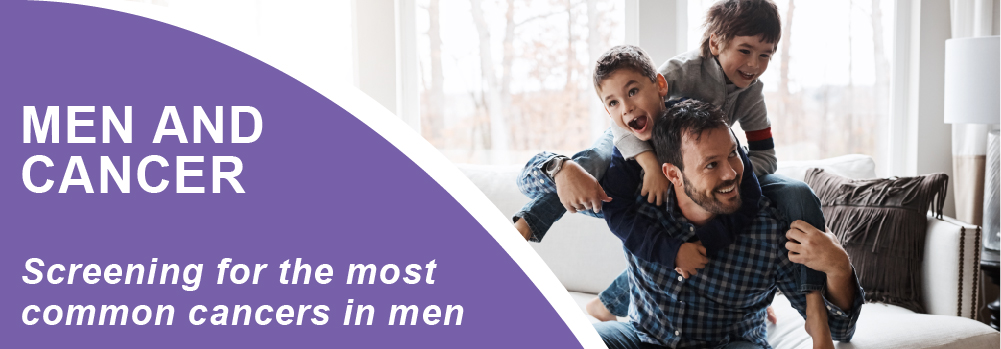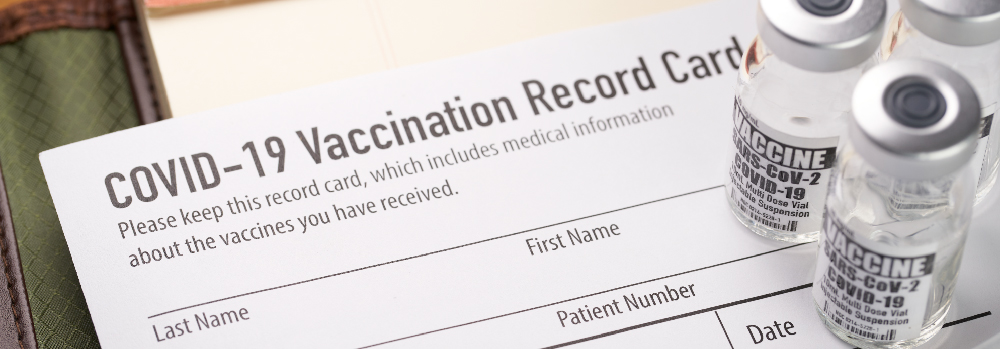
How to help your children navigate anxiety and depression brought on by COVID-19
As we head into the final month of summer, the effects of the COVID-19 vaccine surround us as life begins to feel more normal. For many children and adolescents, it’s a time to get back to sports and activities, hang out with friends and family, and soon return to school. Unfortunately, re-entry into “normal” is not as easy as it may seem for many youth in our community. Fifteen months of social isolation during the pandemic has magnified issues in children and adolescents who have struggled with anxiety and depression.
There have been studies regarding the relationship between loneliness and mental health in healthy children and adolescents. We know social isolation and loneliness can increase the risk of depression even a decade later. Throughout the country, pediatricians are concerned that the loneliness experienced during the COVID-19 pandemic will likely affect the future mental health of our youth.
Patrick Gaulier, Senior Clinical Social Worker at IHA WestArbor Pediatrics, notes that “many adolescent patients have talked about feeling isolated and separated from their friends and other supportive groups.” Children and teens have turned to social media as their primary source of maintaining a connection with their peers. In many cases, this online-only environment has ended friendships which, in turn, causes many adolescents to become reluctant to return to in-person learning. During a recent appointment, Patrick recalls a 10-year-old describing deeply disliking in-person learning because he “doesn’t know anyone anymore” and worries he will not be able to make friends again.
What to look for
With the return to activities, symptoms of anxiety or depression could show up at any point. Some children may initially seem fine, with parents noticing signs several weeks later. Other children will exhibit symptoms right away. Not all children will be able to express their feelings of depression or anxiety in an obvious way. Instead, they will show complaints of physical symptoms or behavior changes. Parents and guardians should learn to recognize signs of mental illness, as it isn’t always obvious. Children and adolescents may express their worries through behaviors such as withdrawal from family and friends, irritability, argumentativeness, and aggression. Some may try to avoid activities that they previously enjoyed. Or, they may show physical symptoms like stomach aches or headaches.
How to help the children and teens in your life
Checking in with kids about their mental health may be one of the most important things we do to help our youth out of the COVID-19 pandemic. Sometimes, it’s as easy as saying, “Hey, I see you are having a hard day today. Is something making you worried?”
Encouraging children and adolescents to participate in physical activities and spend time outdoors with peers is an excellent step in helping improve physical and mental health. Kids will experience positive emotional benefits with increased safe socialization as we continue to vaccinate and cases continue to decrease.
Of course, when in doubt, you should always reach out to your child’s pediatrician. Pediatricians routinely evaluate patients for mental health concerns. They can make recommendations such as healthy lifestyle changes or connect you with a mental health professional who has experience and expertise in treating children.
We cannot ignore the negative impacts on mental health on the development of children and adolescents during the COVID-19 pandemic. We know that parents, family, friends, pediatricians, and therapists can all help address the mental health needs of children and adolescents. The earlier we intervene for our youth, the better chance we have of making a positive impact. If you would like to speak to a pediatrician about your child’s mental health, IHA Pediatrics is available for same or next-day appointments in-person or via video to determine the next steps. More information can be found online at then link below.




